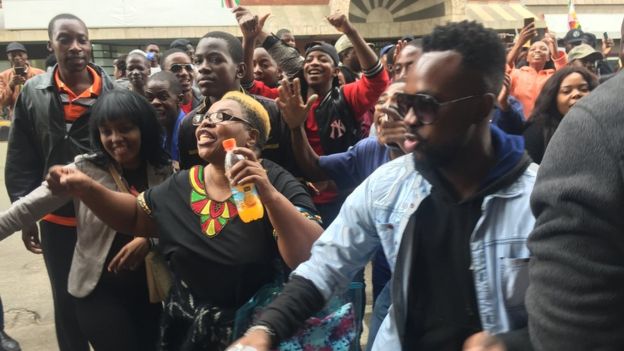
Jubilant scenes are unfolding on the streets of Zimbabwean cities, as protests demanding the resignation of President Robert Mugabe have turned into a celebration of the army’s role in ending his grip on power.
BBC correspondents say protesters in the capital, Harare, are hugging and cheering soldiers in the crowd.
One demonstrator told the BBC the day was “about a new beginning”.
The rally is supported by the army and members of the ruling Zanu-PF party.
War veterans – who until last year were loyal to the president – are also saying Mr Mugabe should quit. The mix of people at the rally is unprecedented, correspondents say.
Protesters have started to converge on State House but the army has moved them away. Some people staged a sit-down protest in front of a line of troops, and opposition leader Morgan Tsvangirai has addressed the crowd, to cheers.
The BBC’s Andrew Harding in Harare says this is a watershed moment and there can be no return to power for Mr Mugabe.
One man arriving at the rally said: “As Zimbabweans, we are saying to our army – thank you very much for the peaceful intervention.
“And it’s time for the masses of Zimbabwe to say: Mugabe must go and must go, like, yesterday. We can’t wait to see his back. For us, it’s about the end of authoritarian rule and we are going to take our Zimbabwe back.”
The representative of Zanu-PF in London, Nick Mangwana, told BBC Radio 4’s Today programme that the party would feed protesters at a rally outside Mr Mugabe’s home, and would “not be leaving until they have a letter of resignation”.
“This could be over in 20 minutes,” he said. “People arrive, he resigns, people go away, it’s over.”

Mr Mugabe, 93, had been under house arrest since the army takeover on Wednesday, but on Friday he made his first public appearance. He spoke only to open the graduation at a university of which he is chancellor.
His wife, Grace, was not present. It had been thought she had left the country but it emerged on Thursday that she was at home with Mr Mugabe.
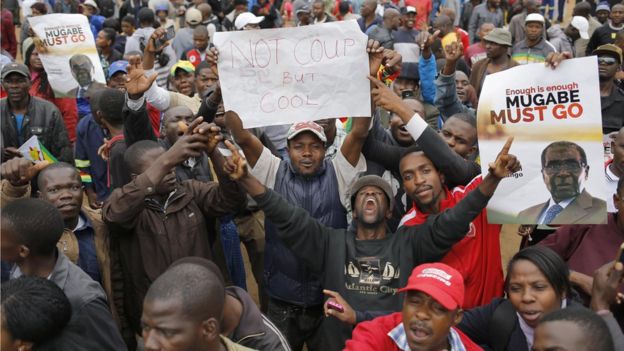 The message for the Mugabes was clear
The message for the Mugabes was clearThe military made its move after a power struggle over the successor for Mr Mugabe.
He sacked Vice-President Emmerson Mnangagwa last week, apparently to pave the way for Grace Mugabe, who is four decades younger than him, to take over the presidency.
The military said it was “engaging” with Mr Mugabe and would advise the public on the outcome of talks “as soon as possible”.
Mr Mugabe has led Zimbabwe since it gained independence from Britain in 1980.
–
Source: BBC
Jubilant scenes are unfolding on the streets of Zimbabwean cities, as protests demanding the resignation of President Robert Mugabe have turned into a celebration of the army’s role in ending his grip on power. BBC correspondents say protesters in the capital, Harare, are hugging and cheering soldiers in the crowd. One demonstrator told the BBC ... Read Full Story
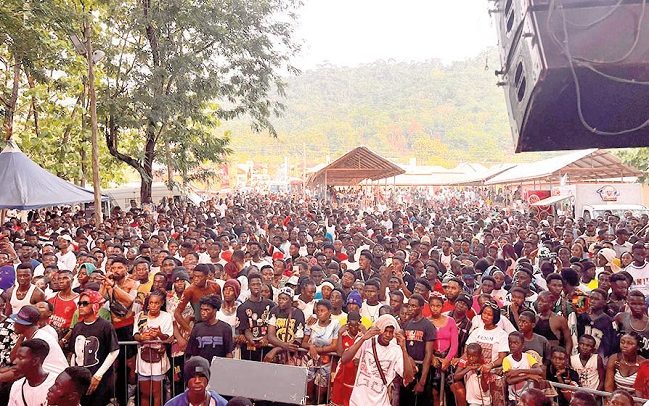

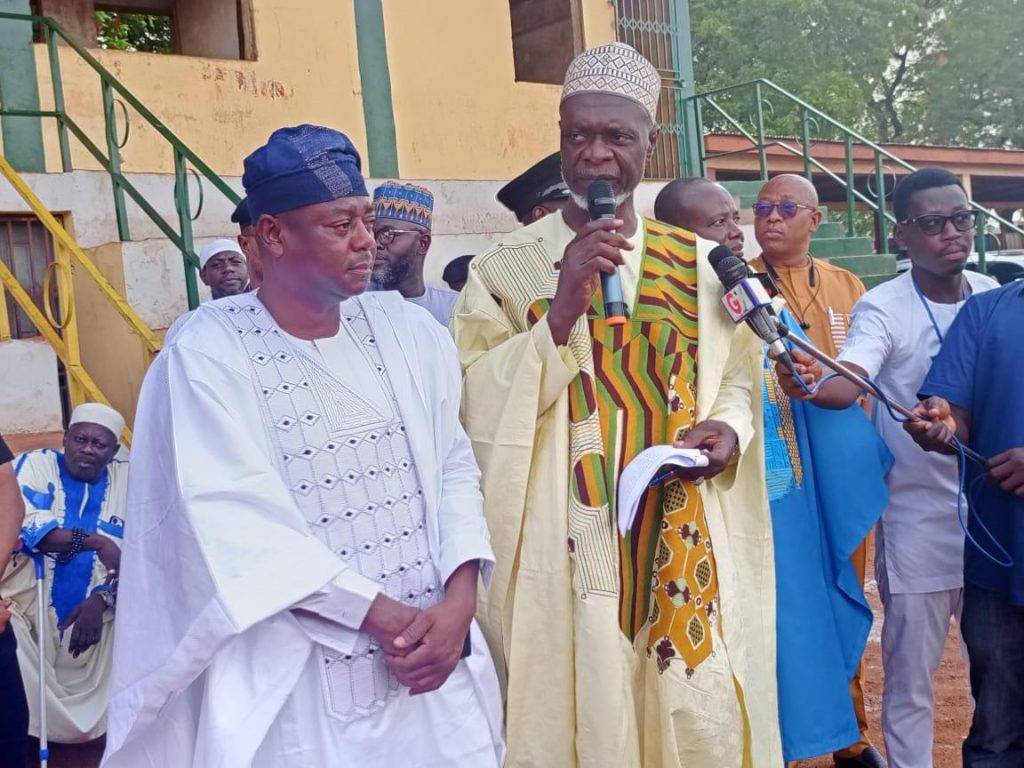

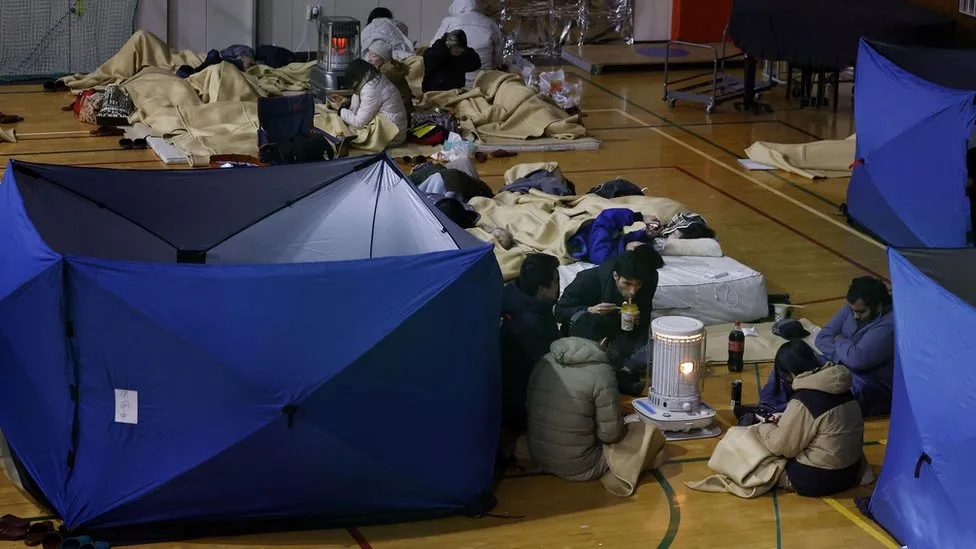

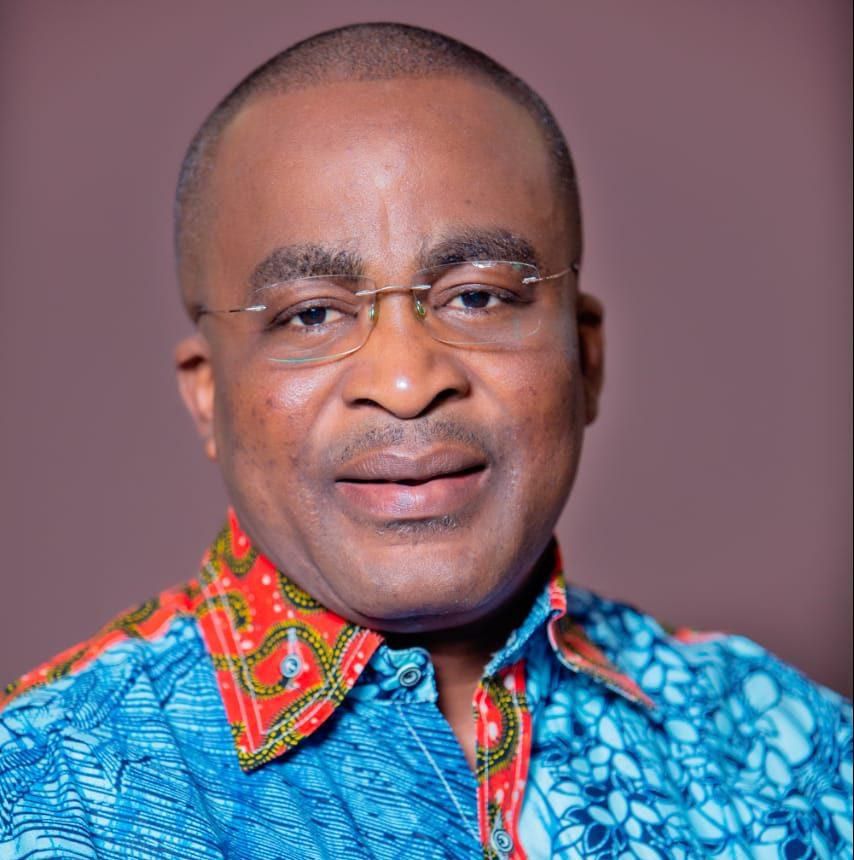
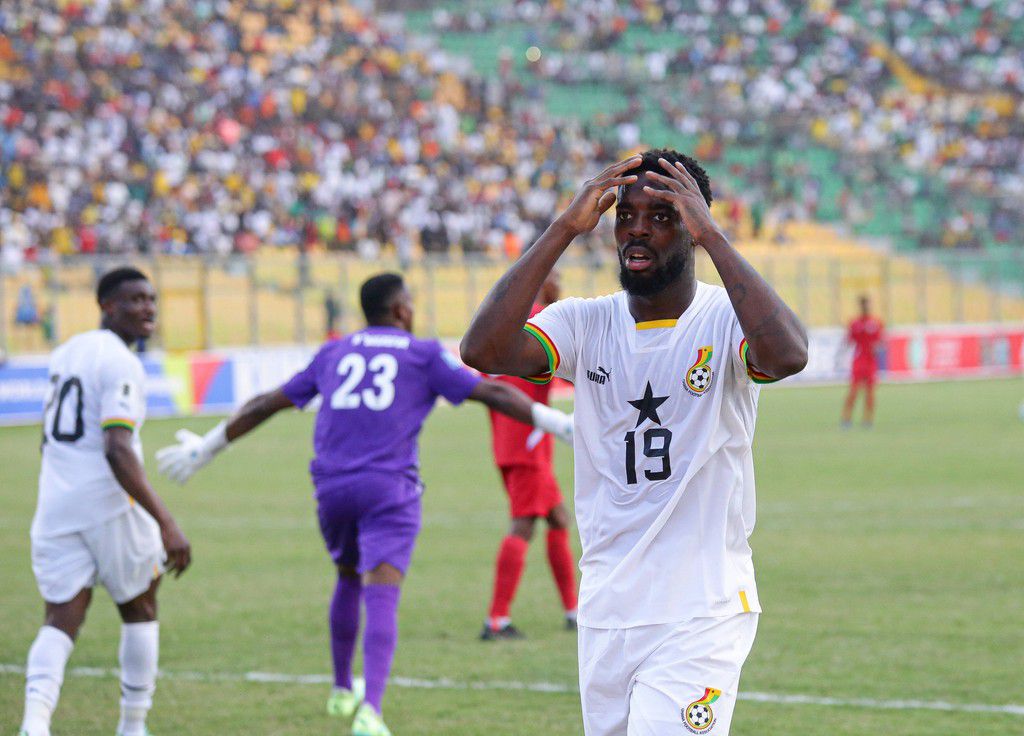
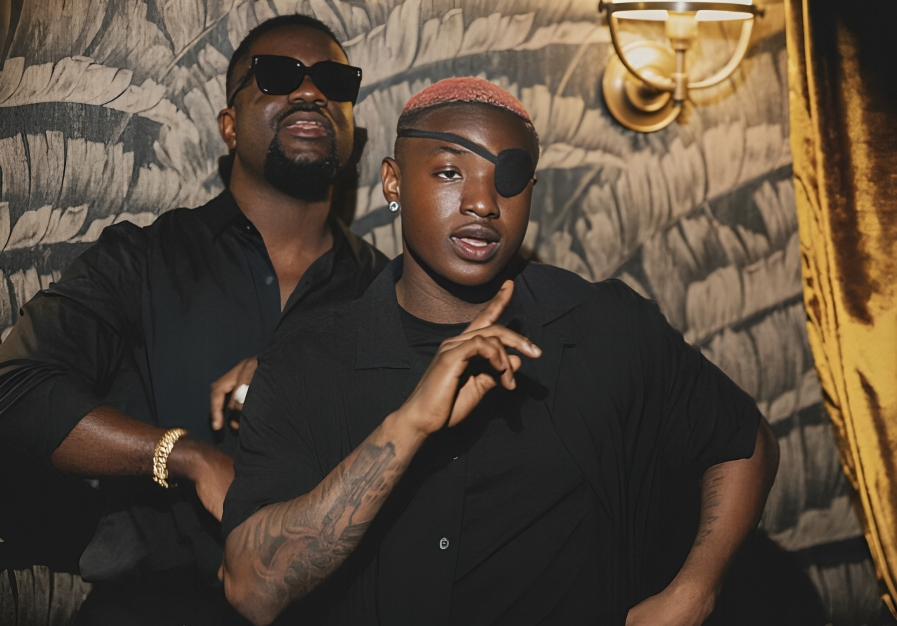









Facebook
Twitter
Pinterest
Instagram
Google+
YouTube
LinkedIn
RSS